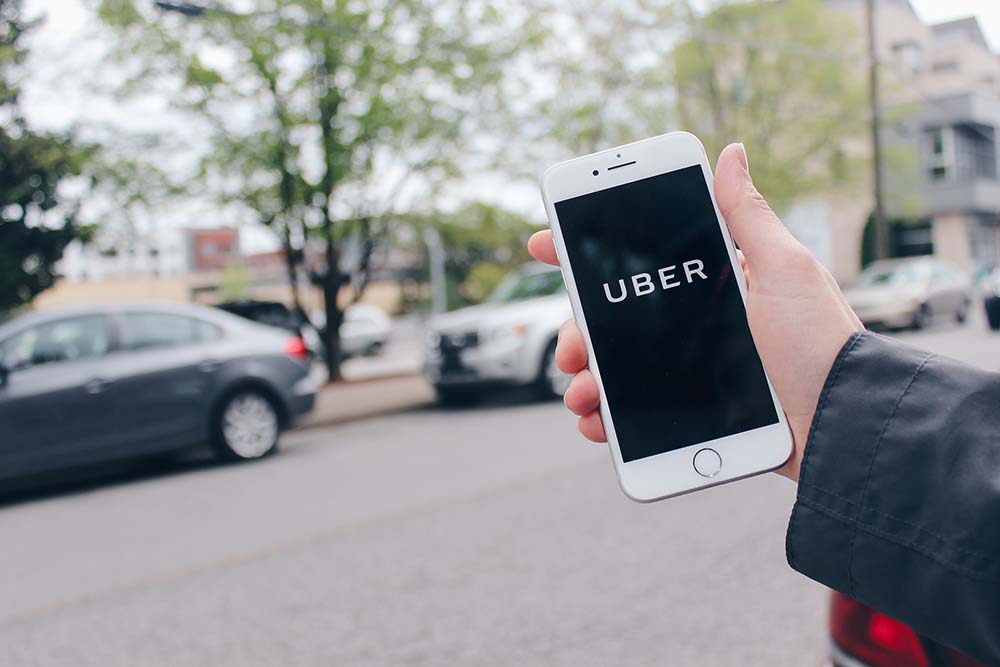
- Details
- By Native News Online Staff
WASHINGTON — The National Council of Urban Indian Health (NCUIH) has teamed with American LifeLines Baltimore to get more urban Native Americans to Covid-19 vaccination sites in Washington, D.C., Maryland and Virginia (DMV). This unique partnership will provide 2,000 free or deeply discounted Uber rides to ensure vaccine equity.
“Since last fall, NCUIH and Native American LifeLines have pushed for the inclusion of the 65,000 Natives in the DMV as Natives are dying from Covid-19 at the highest rates worldwide,” NCUIH CEO Francys Crevier (Algonquin) said in a press release on Thursday. “Lack of transportation should not hinder our relatives from having access to vaccinations. This partnership with Uber will ensure safe and convenient transportation to and from appointments as we continue this fight against the Covid-19 pandemic.”
Transportation is often a critical barrier that prevents Native people access to health care.
“We understand the necessity of high-quality health care and are proud to partner with the National Council of Urban Indian Health to help them make access to the COVID-19 vaccine seamless for the community they serve,” Michele Blackwell, Public Affairs Manager for Uber said. “Uber is working hard in Baltimore and in the Washington, DC region to be part of the solution and ensure all people have access to the transportation they need to protect themselves and their families from this virus.”
Promo codes will be distributed to individuals in the DMV from NCUIH and Native American LifeLines and will be redeemable until Sept. 30, 2021. Offers will ensure each participant can get to and from each vaccination appointment at little to no cost to them. This announcement is part of Uber’s commitment to donate 10 million free rides to vaccine appointments nationally.
Visit www.ncuih.org/vaccine for more information on the vaccination clinic and our Be a Good Relative Campaign encouraging urban AI/AN to get vaccinated.
More Stories Like This
Cherokee Nation Proposes $30 Million OU Nursing School Partnership to Expand Health WorkforceHealth Stories We’ll Be Following in 2026
Indian Country Faces Crippling Premiums Under Expired Affordable Care Act Credits
Artificial Intelligence Impacts the Art and Science of Dentistry – AI Part 2
Feds Announce $50 Billion to States for Rural Health, Tribes Barely Mentioned in Awards

